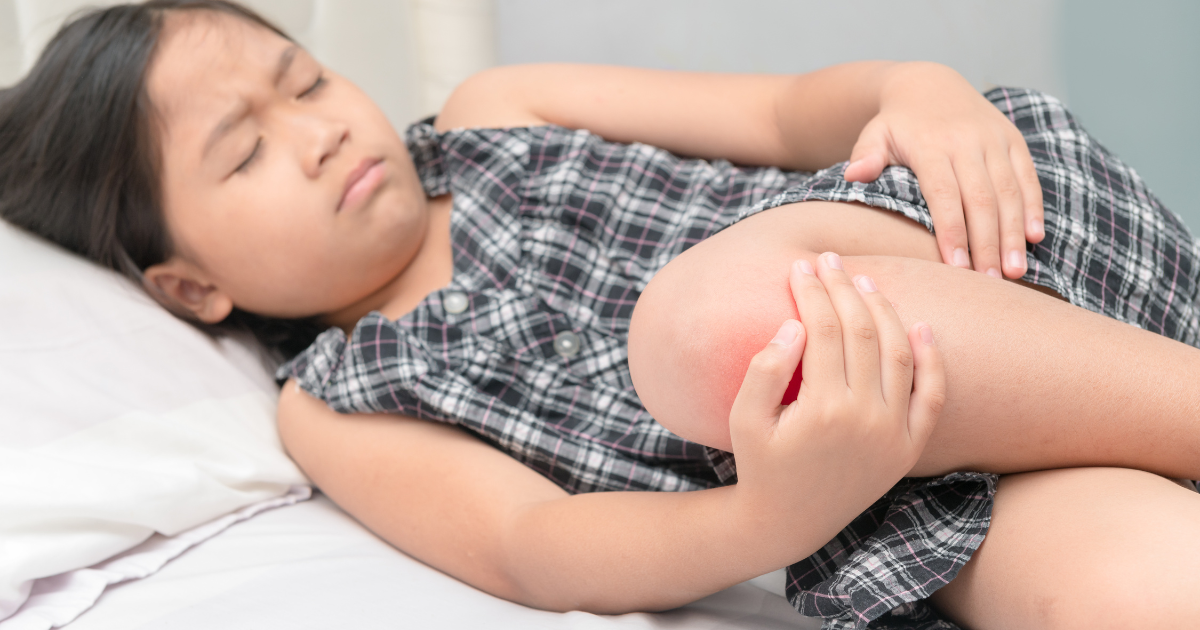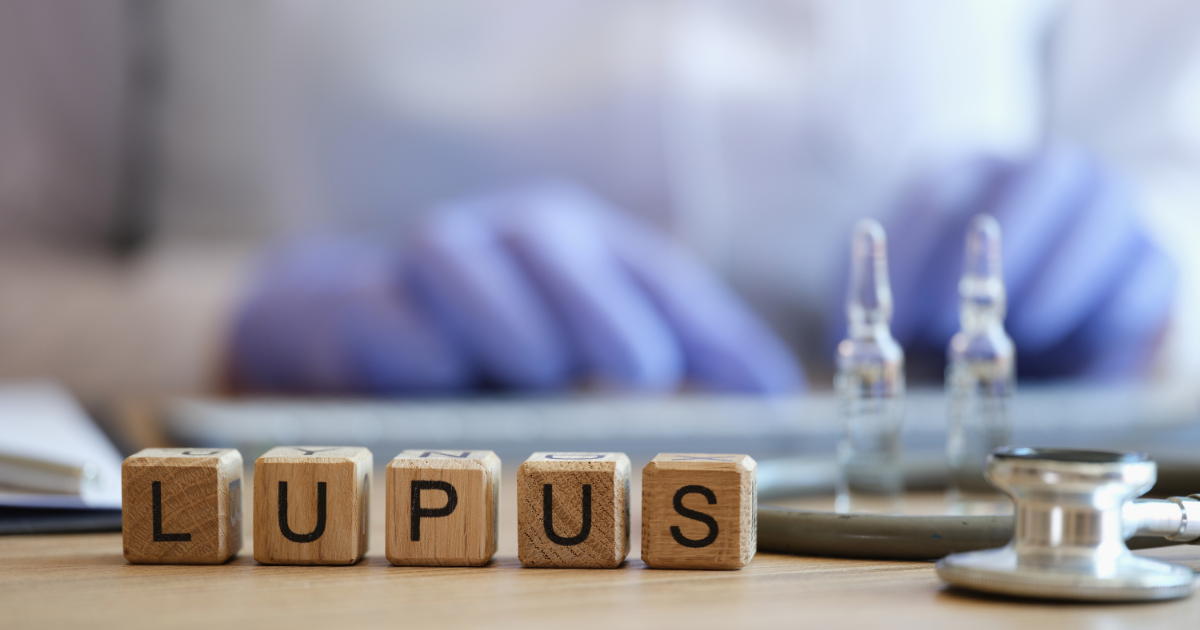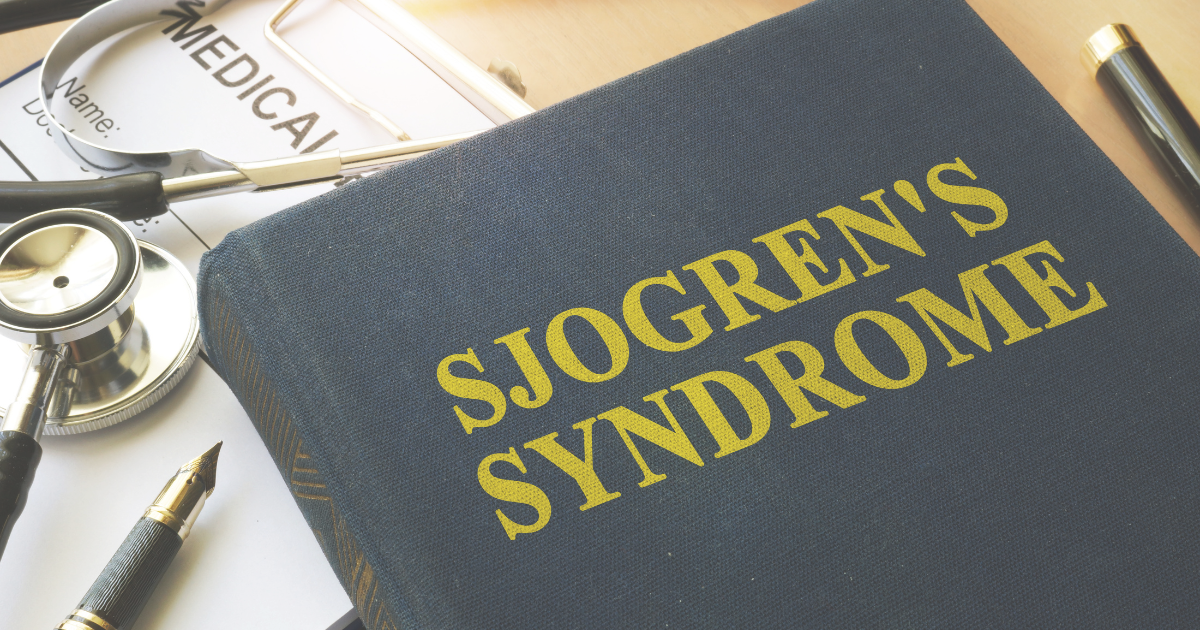In recent years, there has been growing interest in understanding how vaccines, including the HPV (Human Papillomavirus) vaccine, interact with autoimmune conditions like rheumatoid arthritis (RA). While vaccines play a crucial role in preventing infectious diseases, questions often arise regarding their safety and potential implications for individuals with pre-existing autoimmune disorders.
This blog explores the connection between the HPV vaccine and rheumatoid arthritis, aiming to provide clarity for patients, caregivers, and healthcare providers.
What is Rheumatoid Arthritis?
Rheumatoid arthritis is a chronic autoimmune disorder characterized by inflammation of the joints, leading to pain, swelling, stiffness, and, over time, joint damage. RA occurs when the immune system mistakenly attacks the body’s tissues, specifically the synovium, the lining of the joints. While the exact cause of RA remains unknown, it is believed to result from a combination of genetic and environmental factors.
The Role of Vaccines in Autoimmune Conditions
Vaccines are designed to train the immune system to recognize and fight specific pathogens. However, for individuals with autoimmune conditions like RA, concerns about potential vaccine-triggered immune responses have been raised. While vaccines are generally safe, certain immunizations can sometimes lead to temporary flare-ups in autoimmune symptoms. It’s important to note that these events are rare and the benefits of vaccination typically outweigh the risks.
For individuals with RA, prioritizing overall health, including infection prevention, is crucial. The HPV vaccine can play a vital role in this approach to well-being.
Why is the HPV Vaccine Important for RA Patients?
The HPV vaccine is designed to protect against the human papillomavirus, a common sexually transmitted infection linked to cervical cancer, genital warts, and other types of cancer. This vaccine is widely recommended for adolescents and young adults to prevent HPV-related diseases, with most guidelines suggesting vaccination before exposure to the virus. The HPV (Human Papillomavirus) vaccine is particularly important for individuals with Rheumatoid Arthritis (RA) due to several key reasons related to their immune system and overall health risks:
1. Weakened Immune System:
RA is an autoimmune condition, meaning the immune system mistakenly attacks the body’s own tissues, primarily affecting the joints. Additionally, individuals with RA often require immunosuppressive treatments, such as steroids or biologics, which can further weaken the immune system. A weakened immune system makes it harder for the body to fight infections, including those caused by HPV, increasing the risk of HPV-related cancers (like cervical cancer) and other HPV-associated health issues.
2. Higher Risk of Infections:
Because RA and its treatments compromise the immune system, patients are more susceptible to infections in general, including viral infections like HPV. The HPV vaccine provides an effective preventive measure, helping to protect individuals with RA from the long-term complications of HPV infections, including genital warts and various cancers.
3. Cancer Prevention:
Certain strains of HPV are known to cause various cancers, most notably cervical cancer. RA patients, who are already at a higher risk of health complications due to their autoimmune condition and treatment regimens, can benefit from the HPV vaccine, which helps protect against these high-risk strains of the virus.
4. Improved Quality of Life:
By getting vaccinated, RA patients can reduce their chances of developing HPV related complications, allowing them to focus on managing their RA symptoms and improving their overall health. Preventing HPV-related cancers and other issues can reduce the burden of disease, enhancing quality of life.
5. Health Approach:
The HPV vaccine is a part of a broader preventive health strategy for RA patients. By prioritizing vaccination and infection prevention, RA patients can take proactive steps toward managing their overall health, ensuring that they are not just treating RA symptoms but also protecting themselves from other preventable diseases.
HPV Vaccine in India:
Availability of HPV Vaccine in India
The HPV vaccine is available in India and can be accessed at hospitals, healthcare centers, and through private practitioners. Some government programs also promote vaccination to prevent cervical cancer, making it more accessible in specific regions.
Cost of the HPV Vaccine in India
The cost of the HPV vaccine in India varies depending on the brand and location. On average, each dose can cost between ₹2,000 and ₹4,000. Many hospitals and clinics offer the vaccine, and some insurance plans may cover a portion of the cost.
Dosing Schedule for HPV Vaccine
The HPV vaccine is administered according to age to ensure optimal effectiveness:
- Ages 9 to 14: Administered in two doses, with the second dose given six months after the first.
- Ages 15 to 45: Typically requires two or three doses spaced over six months, depending on individual health and vaccine type.
Adhering to this schedule is essential for building strong immunity and ensuring long-term protection against HPV related infections and complications.
Best HPV Vaccine Options in India
In India, vaccines such as Gardasil and Cervarix are commonly available and effective. Your healthcare provider can help you choose the best option based on your health profile.
Addressing Common Concerns about HPV Vaccination
Can the HPV Vaccine Trigger Autoimmune Diseases:
There is no substantial evidence linking the HPV vaccine to triggering autoimmune diseases. Multiple studies have confirmed the vaccine’s safety, even for individuals with pre-existing autoimmune conditions like RA. However, it’s always best to consult your rheumatologist before vaccination.
When Did the HPV Vaccine Start in India:
The HPV vaccine was introduced in India in the mid-2000s as part of efforts to prevent cervical cancer. Awareness and availability have since increased significantly.
How to Get the HPV Vaccine in India:
You can get the HPV vaccine at government hospitals, private clinics, and healthcare facilities. Speak to your doctor or visit a reputable vaccination center for guidance.
FAQs about HPV Vaccine in India
1. What is HPV?
Human Papillomavirus (HPV) is a common virus with many strains, some of which can cause cancers (like cervical cancer) and other health issues, such as genital warts.
2. How common is HPV in India?
HPV is very common in India, with studies showing that approximately 7-8% of the population is infected with high-risk HPV strains at any given time. Among women, HPV 16 and 18 account for over 70% of cervical cancer cases in the country.
3 How much does the HPV vaccine cost in India?
The cost typically ranges from ₹2,000 to ₹4,000 per dose, depending on the brand and healthcare provider.
4. How many HPV vaccine doses are required?
Two doses for individuals aged 9-14, Three doses for individuals aged 15 and older.
5. Is the HPV vaccine available in India?
Yes, the HPV vaccine is widely available in both government and private healthcare facilities across India.
6. Can the HPV vaccine trigger autoimmune diseases?
No significant evidence suggests the vaccine triggers autoimmune conditions. It is considered safe for people with RA but should be taken under medical guidance.
7. Which HPV vaccine is best in India?
Gardasil and Cervarix are popular and effective options. Consult your healthcare provider to determine which one suits your needs.
Conclusion
For patients with rheumatoid arthritis, the HPV vaccine represents a proactive step towards health. By preventing HPV related complications, it allows individuals to focus on managing their RA effectively. If you or a loved one is living with RA, speak to your doctor about the HPV vaccine and prioritize preventive care. Together, let’s build a healthier future!
By raising awareness about the importance of HPV vaccination, we can empower RA patients in India to take charge of their health and well-being. If you have further questions, consult a best rheumatologist Ahmedabad or a trusted healthcare provider today.





